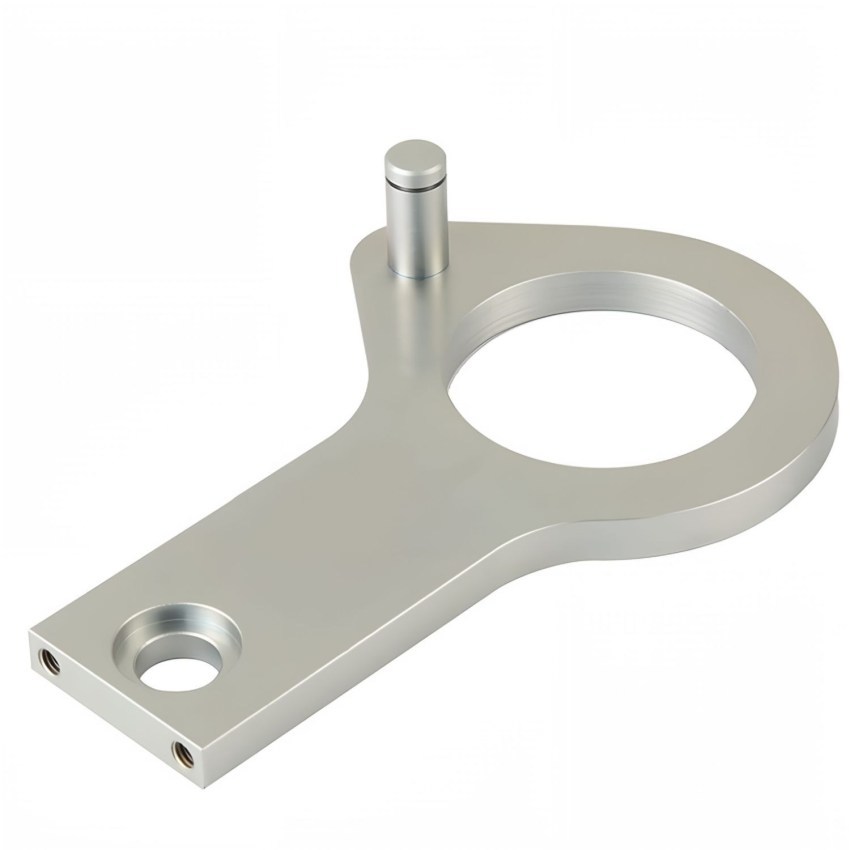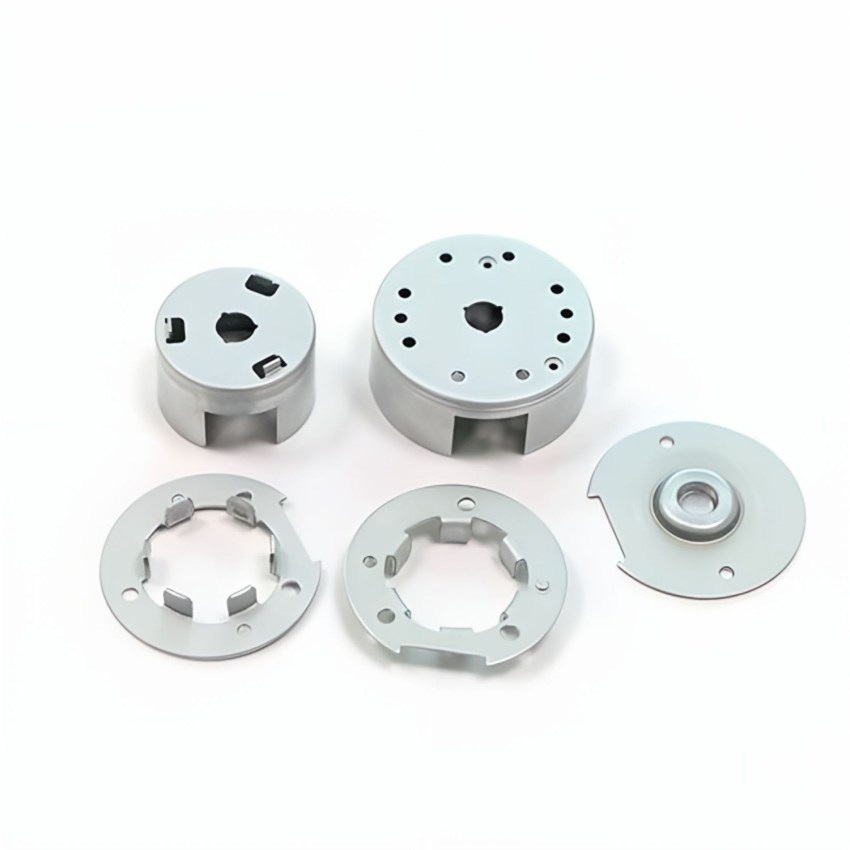The Essential Guide to Precision CNC Machining Parts
Release time:
2025-03-06
Precision CNC machining parts play a crucial role in modern manufacturing, providing the accuracy and efficiency required for producing complex components. The term "CNC" stands for Computer Numerical Control, which refers to the automated process of controlling machining tools via computer programming. This technology allows for the creation of highly precise parts that meet stringent specificati

Precision CNC machining parts play a crucial role in modern manufacturing, providing the accuracy and efficiency required for producing complex components. The term "CNC" stands for Computer Numerical Control, which refers to the automated process of controlling machining tools via computer programming. This technology allows for the creation of highly precise parts that meet stringent specifications.
One of the key advantages of precision CNC machining is its ability to produce intricate designs with tight tolerances. This is essential in industries such as aerospace, automotive, and medical, where even the slightest deviation can lead to failure or safety hazards. CNC machines can cut, drill, mill, and shape materials such as metals, plastics, and composites with remarkable accuracy, ensuring that every part fits seamlessly into larger systems.
The versatility of precision CNC machining parts cannot be overstated. These components can be found in a vast array of applications, ranging from simple brackets to complex engine components. In addition to traditional machining, advancements in technology have introduced multitasking machines that can perform multiple operations in a single setup, further enhancing efficiency and reducing production time.
Another significant benefit of precision CNC machining is the repeatability it offers. Once a design is programmed into the CNC system, the machine can produce identical parts consistently, which is crucial for large-scale manufacturing. This repeatability not only reduces waste but also lowers the overall production costs, making it an economical choice for businesses.
Moreover, precision CNC machining can accommodate a wide range of materials. From hardened steels to soft plastics, the technology allows manufacturers to select the best material for their specific application. This adaptability helps in optimizing the functionality and durability of the parts being produced.
Quality control is another important aspect of precision CNC machining. Advanced inspection tools and techniques are employed during the manufacturing process to ensure that each part meets the required specifications. This focus on quality minimizes the risk of defects and enhances the overall reliability of the final product.
In summary, precision CNC machining parts are indispensable in the realm of manufacturing, offering unparalleled accuracy, versatility, and efficiency. As industries continue to evolve, the demand for these high-quality components is only expected to grow. Understanding the capabilities and benefits of precision CNC machining can help businesses make informed decisions in their manufacturing processes, ultimately leading to improved product performance and customer satisfaction.
One of the key advantages of precision CNC machining is its ability to produce intricate designs with tight tolerances. This is essential in industries such as aerospace, automotive, and medical, where even the slightest deviation can lead to failure or safety hazards. CNC machines can cut, drill, mill, and shape materials such as metals, plastics, and composites with remarkable accuracy, ensuring that every part fits seamlessly into larger systems.
The versatility of precision CNC machining parts cannot be overstated. These components can be found in a vast array of applications, ranging from simple brackets to complex engine components. In addition to traditional machining, advancements in technology have introduced multitasking machines that can perform multiple operations in a single setup, further enhancing efficiency and reducing production time.
Another significant benefit of precision CNC machining is the repeatability it offers. Once a design is programmed into the CNC system, the machine can produce identical parts consistently, which is crucial for large-scale manufacturing. This repeatability not only reduces waste but also lowers the overall production costs, making it an economical choice for businesses.
Moreover, precision CNC machining can accommodate a wide range of materials. From hardened steels to soft plastics, the technology allows manufacturers to select the best material for their specific application. This adaptability helps in optimizing the functionality and durability of the parts being produced.
Quality control is another important aspect of precision CNC machining. Advanced inspection tools and techniques are employed during the manufacturing process to ensure that each part meets the required specifications. This focus on quality minimizes the risk of defects and enhances the overall reliability of the final product.
In summary, precision CNC machining parts are indispensable in the realm of manufacturing, offering unparalleled accuracy, versatility, and efficiency. As industries continue to evolve, the demand for these high-quality components is only expected to grow. Understanding the capabilities and benefits of precision CNC machining can help businesses make informed decisions in their manufacturing processes, ultimately leading to improved product performance and customer satisfaction.
Key words:




